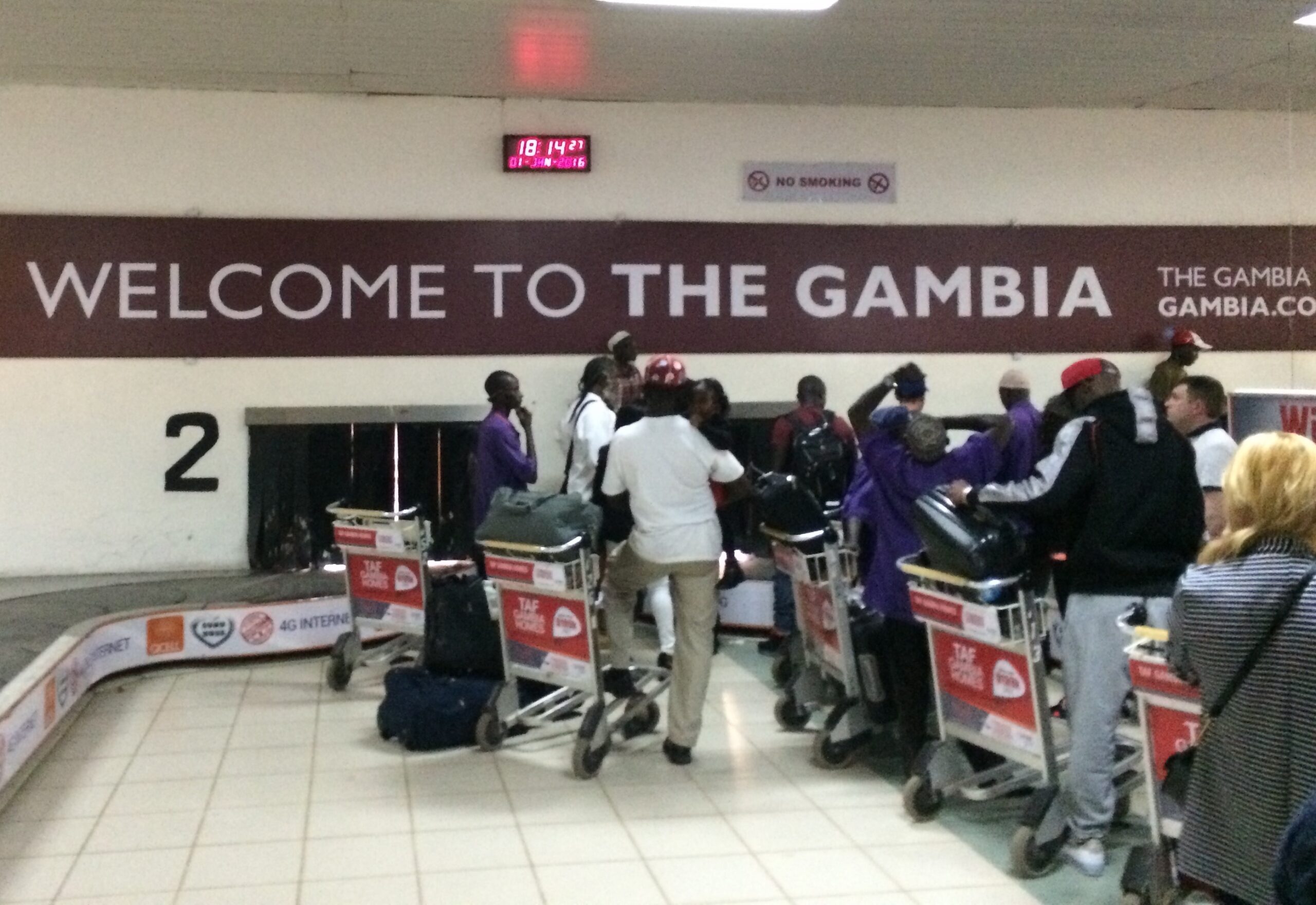Gambiaj.com – (BANJUL, The Gambia) – Despite the general outcry, cabinet initially agreed that effective July 1st, the arrival and departure airport tax will increase from $20 to $25. However, after a discussion early this week, the government opted to put it on hold for the time being. But sources hinted it would happen eventually. The government’s main defense of the increase is that Gambia is the country with the lowest tax rates.
Yet, many citizens and tourism stakeholders have expressed their concerns about the impact this increase will have on the tourism industry. With Gambia already being known as a budget-friendly destination, the additional $5 could deter potential visitors. Some are worried that this increase could result in a decrease in tourist arrivals, ultimately affecting the country’s economy. It remains to be seen how this decision will play out in the coming months.
Stakeholders in the tourism sector are ready to rise to the blow.
Recently, The Gambia’s tourism board has successfully struggled to regain the Scandinavian market, which is seen as a pioneer market. Through negotiations and heavy investments, an agreement was reached with a Danish company, Apollo, to commence operations this winter with a 192-seat aircraft. However, there are legitimate concerns about potential flight cancellations if new taxes are introduced as planned by the government. The reason for this is that the tourism industry plans a year ahead, and any additional costs that were not budgeted for could affect the entire operation. Therefore, stakeholders in the tourism industry are very concerned about the decision to increase taxes under the present circumstances.
Actors in the tourism sector have therefore decided not to wait for the new tax to kill the industry. They intend to take action through their multiple associations to let the government know about their concerns that this tax will poison the industry that feeds both the sector and the government. They believe that it is important to stand together and make their voices heard in order to protect the tourism industry from unnecessary fees and taxes.
The argument about low taxes in The Gambia does not convince stakeholders in the tourism industry in The Gambia. A knowledgeable stakeholder we discussed said: “Our operations are different from those of other regional destinations, as our operations are purely package tours and the others are based on business travel. We need to emphasize the unique challenges we face as a seasonal tourist destination and the negative effects that high taxes are having on our industry. By working together and presenting a united front to the government, we can hopefully find a solution that addresses our specific needs and allows us to thrive.”
How IATA called out the government’s “immigration” arrival tax policy.
The Gambia government’s desperate attempt to impose a new tax did not only shock citizens and tourism stakeholders. In May 2023, Kashif Khalid, the Regional Director of Operations, Safety, and Security (AME IATA), Africa and the Middle East, wrote a stern letter to the Gambia government and the civil aviation authorities, reminding them of the organization’s disappointment with the Gambia for using a “flawed” process to implement the Securiport tax.
The letter further reminded the Gambia government and the Gambia civil aviation that the tax is not aligned with the ICAO user charges setting policies and principles espoused in Doc 9082. This is being further reiterated by ICAO per their State Letter 1, which calls for signatory states to respect these policies. It was also reiterated at the Joint ICAO-IATA Africa Regional User Charges Workshop conducted in Dakar, Senegal, on March 13–14, 2023, to which the esteemed DG of the Gambia Civil Aviation Authority was in attendance.
During a meeting between IATA and the Gambia Civil Aviation Authority in Dakar, IATA shared a spreadsheet for financial data, to be discussed further in a subsequent meeting.
Instead, The Gambia has not filled out the spreadsheet and has not shared it with IATA or the airlines. Such a method makes it unclear how to access the audited financial performance declared by The Gambia in its letter instead of the standard agreed-upon spreadsheet document.
The IATA director of Safety and Security operations specified that the figures in the letter from the GCAA are not enough, as more detailed information on operational expenditure (OPEX), capital expenditure (CAPEX), and traffic developments is needed.
As a result, the AME IATA Safety and Security boss wrote to the Gambia government and GCAA that the security fees are too high and add to the already numerous charges and fees that have been imposed by The Gambia. “In reality, these are “immigration charges” and therefore are discriminatory against any person arriving in the Gambia by any other means of transport (for instance, a car, bus, or boat),” Kashif Khalid wrote to the Gambia government and GCAA.
The damning letter categorically states that in the absence of meaningful user consultation and transparent financial information, the airline industry is not in a position to evaluate and appreciate the cost-relationship between the provision of the new safety services and the level and structure of related fees.
“IATA’s position remains that the industry should not be charged for security, as this is a state’s responsibility, and for the new safety fee and the PSC increase, the rationale behind the levels still needs to be provided, as well as the breakdown of the activities to be funded over the respective oversight areas.










